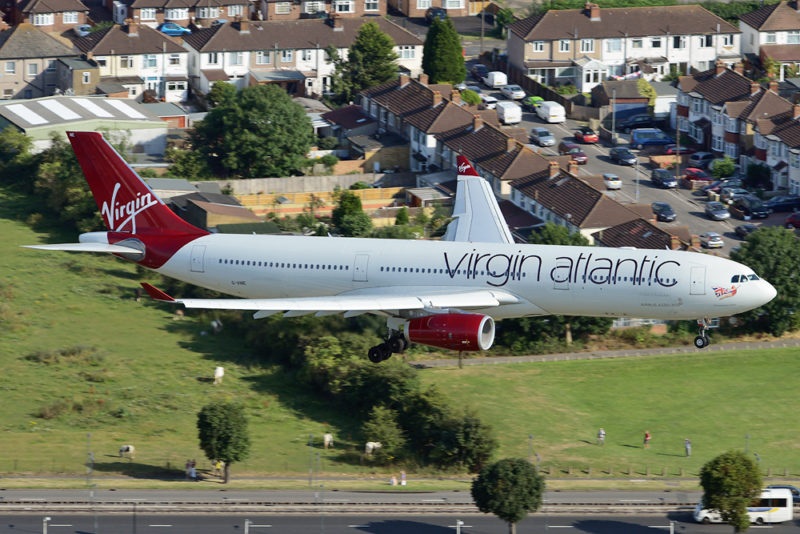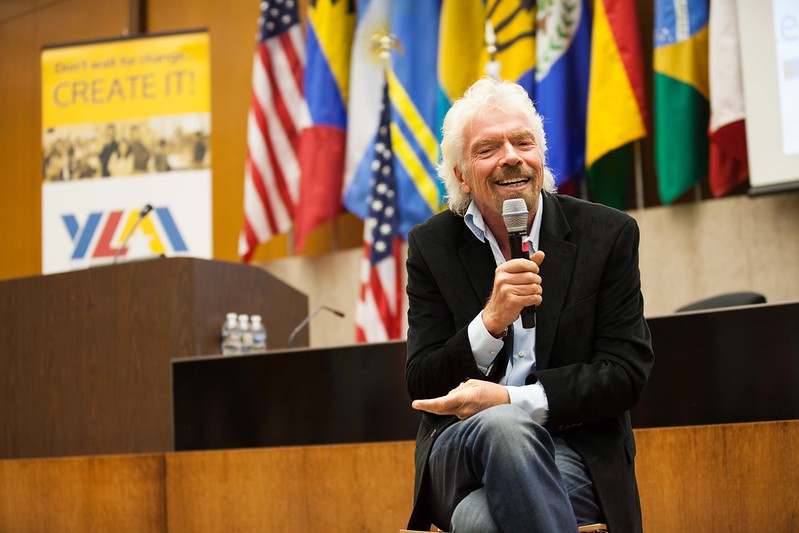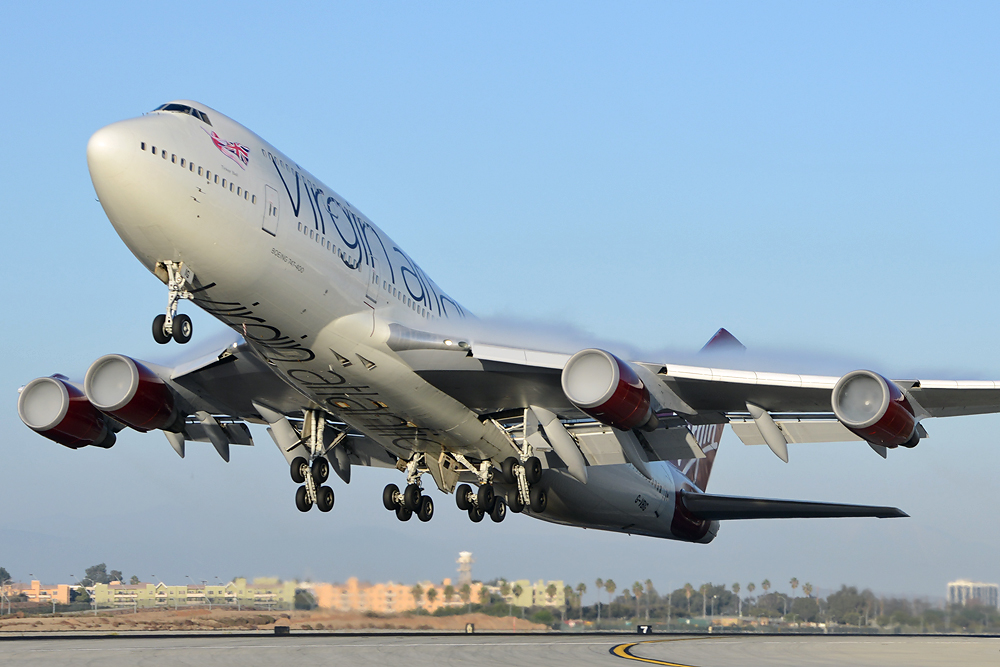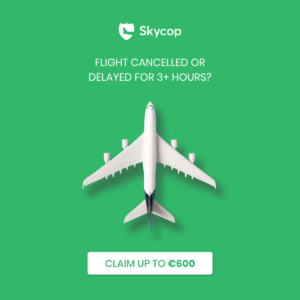Virgin Atlantic‘s founder, Sir Richard Branson, has revealed that the airline could be facing imminent collapse, unless a government lifeline is extended.
In an open letter to employees of Virgin Atlantic, and the now-collapsed Virgin Australia, Branson said that survival of Virgin Atlantic was vital to provide competition to the UK flag-carrier British Airways.
“Virgin Atlantic started with one plane 36 years ago. Over those years it has created real competition for British Airways, which must remain fierce for the benefit of our wonderful customers and the public at large.”
Sir Richard Branson, Virgin Group CEO

Branson stressed that a government loan would be vital to securing Virgin Atlantic’s future, in the face of the coronavirus pandemic.
Branson also noted that rival British low-cost carrier Easyjet received a £600 million ($747 million USD) government bailout earlier in April.
“We will need government support to achieve that in the face of the severe uncertainty surrounding travel today and not knowing how long the planes will be grounded for. This would be in the form of a commercial loan – it wouldn’t be free money and the airline would pay it back.”
According to the open letter, Virgin Atlantic employees have agreed to an 8-week-long pay cut to be spread across six and half months.
Branson called the decision “virtually unanimous“; explaining that it is was made in conjunction with Virgin Atlantic employees and the trade unions representing them, all in an effort “save as many jobs as possible“.
Branson also responded to prompts about his private island, Necker Island, in the British Virgin Islands. He defended it as his home, saying that it was not used for tax purposes. Branson said that Virgin pays tax to the UK.

In the letter, Branson explained that he and his team would be raising money against the island, as well as other assets, to keep the airline afloat.
CNN has reported that the UK government has said it will consider funding all organisations on a case-by-case basis.
Article Sources: Virgin Atlantic Open Letter, CNBC, and CNN.




